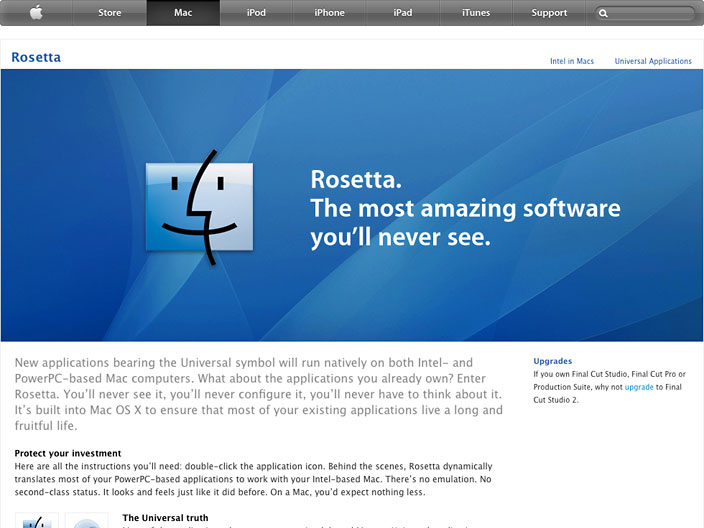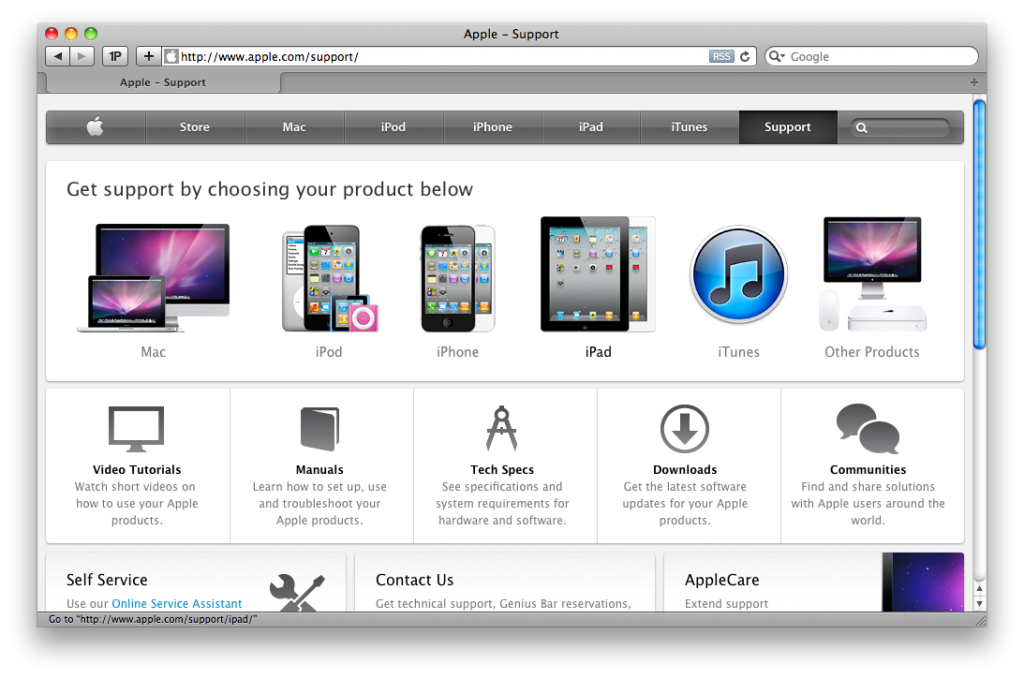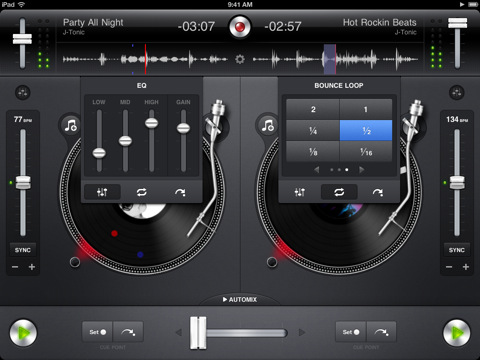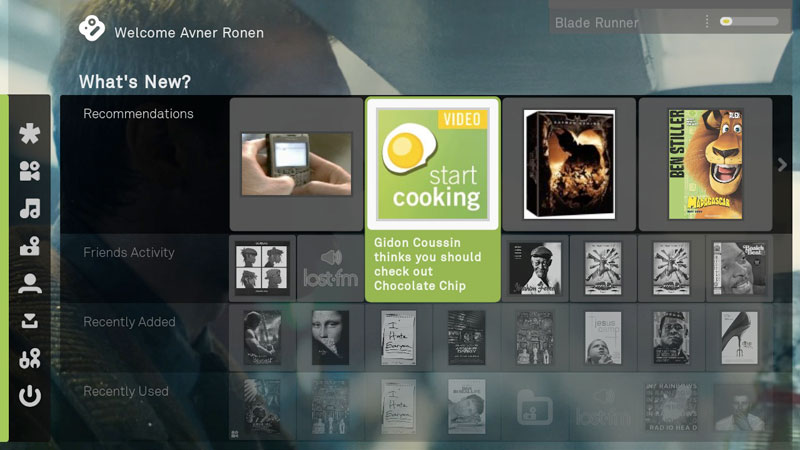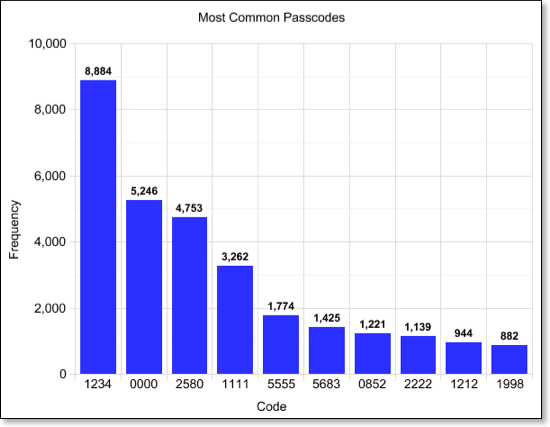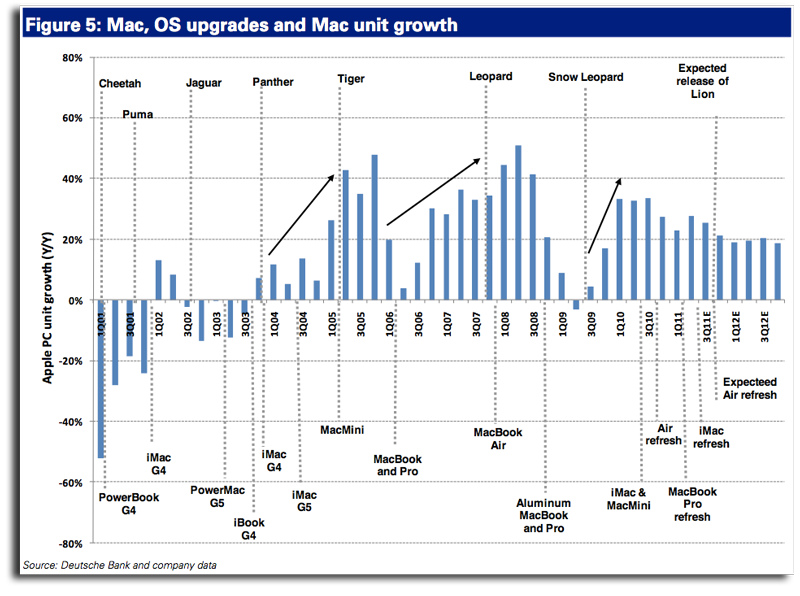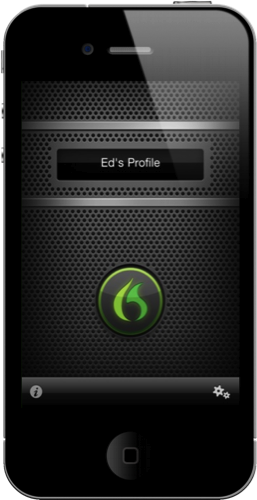If you think WWDC wasn’t successful, you weren’t paying attention
Apple did a lot at WWDC, but one of the most important things was that they gave developers the roadmap for where they are headed (at least in the short term). That’s big for the end user because we are relying on those developers to make the apps that we use.
I spoke with countless developers last week and not one of them were disappointed with Apple’s announcements. Apple gave them hundreds of new APIs to work with to improve existing apps and to create new ones.
Jim Dalrymple from the loop tells it like it is. This year was a massive success by Apple at WWDC, and many genuinely see the distinction that make this month’s announcements revolutionary, and not evolutionary. And it’s not just about what was announced, but about what Apple does for its community.
Developers spent the week hunkered down in sessions with Apple engineers learning about the new code. That’s what WWDC is all about — code, apps, APIs, and more code.
WWDC is not about Apple releasing new products for consumers to run out and buy. It’s about educating developers so they can make great products for consumers to buy.
Apple is setting the precedent for some big changes, and I can’t help but feel there’s a lot of anxiety around the new announcements. I think this piece by August Mueller sums up the wide variety of emotions and feelings encountered at this year’s WWDC: Roll With It. Multiply the implications of what Apple is doing by the 5000 developers at WWDC, and you can imagine how serious this is. What Apple is doing might look like just an upgrade on the surface by and end user, but internally there’s going to be a lot of changes as Apple drives innovation, and heads in the opposite direction that Microsoft appears to be heading in. It’s all being done for us.
Whether you were a developer soaking in all that Lion, iOS 5, and iCloud have to offer, or a bystander witnessing the change in technology, WWDC 2011 was an event to be remembered.


